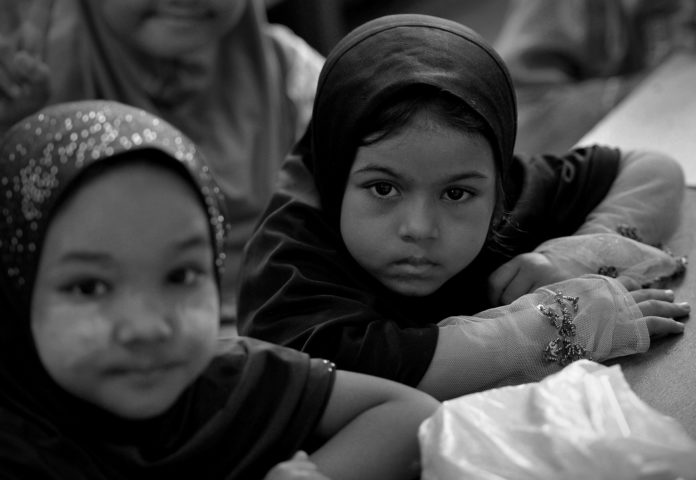Study in The Lancet shows 22% – one in five – people in conflict areas have moderate to severe mental health issues
One in five people (22%) living in an area affected by conflict has depression, anxiety, post-traumatic stress disorder, bipolar disorder or schizophrenia.
About 9% of conflict-affected populations have a moderate to severe mental health condition, according to an analysis of 129 studies published in The Lancet. The figures are substantially higher than the global estimate for these mental health conditions in the general population, which stands at one in 14 people.
Depression and anxiety appeared to increase with age in conflict settings, and depression was more common among women than men.
The findings suggest that past studies underestimated the burden of mental health conditions in conflict-affected areas – with higher rates of severe mental health conditions (5% at any one time in the new study compared to 3-4% over a 12-month-period in the 2005 estimates), and also of mild to moderate mental health conditions (17% at any one time in the new estimates compared to 15-20% over a 12-month period in previous estimates).
Currently, there are major conflict-induced humanitarian crises in a number of countries, including Afghanistan, Iraq, Nigeria, Somalia, South Sudan, Syria, and Yemen. In 2016, the number of armed conflicts reached an all-time high, with 53 ongoing conflicts in 37 countries and 12% of the world’s population living in an active conflict zone
Overall, the mean prevalence was highest for mild mental health conditions (13%), for moderate the prevalence was 4%, and for severe conditions the prevalence was 5%.
The revised estimates use research from 129 studies and data from 39 countries published between 1980 and August 2017, including 45 new studies published between 2013 and August 2017. Settings that have experienced conflict in the last 10 years were included. There was limited data for bipolar disorder and schizophrenia, so estimates for these conditions were based on global estimates and do not take into account any increased risk of these conditions in conflict settings. Cases were categorised as mild, moderate or severe. Natural disasters and public health emergencies, such as Ebola, were not included.
“I am confident that our study provides the most accurate estimates available today of the prevalence of mental health conditions in areas of conflict,” said lead author of the study Fiona Charlson of the University of Queensland, Australia and the Institute for Health Metrics and Evaluation, USA. “Estimates from previous studies have been inconsistent, with some finding inconceivably low or high rates. In this study we used more stringent inclusion and exclusion criteria for the literature search, and advanced search strategies and statistical methods.”
Currently, there are major conflict-induced humanitarian crises in a number of countries, including Afghanistan, Iraq, Nigeria, Somalia, South Sudan, Syria, and Yemen. In 2016, the number of armed conflicts reached an all-time high, with 53 ongoing conflicts in 37 countries and 12% of the world’s population living in an active conflict zone. Nearly 69 million people worldwide have been forcibly displaced by violence and conflict, the highest number since World War II.
“The new estimates, together with already available practical tools for helping people with mental health conditions in emergencies, add yet more weight to the argument for immediate and sustained investment, so that mental and psychosocial support is made available to all people in need living through conflict and its aftermath,” said study author Dr Mark van Ommeren, of the Department of Mental Health and Substance Abuse at the World Health Organization.


